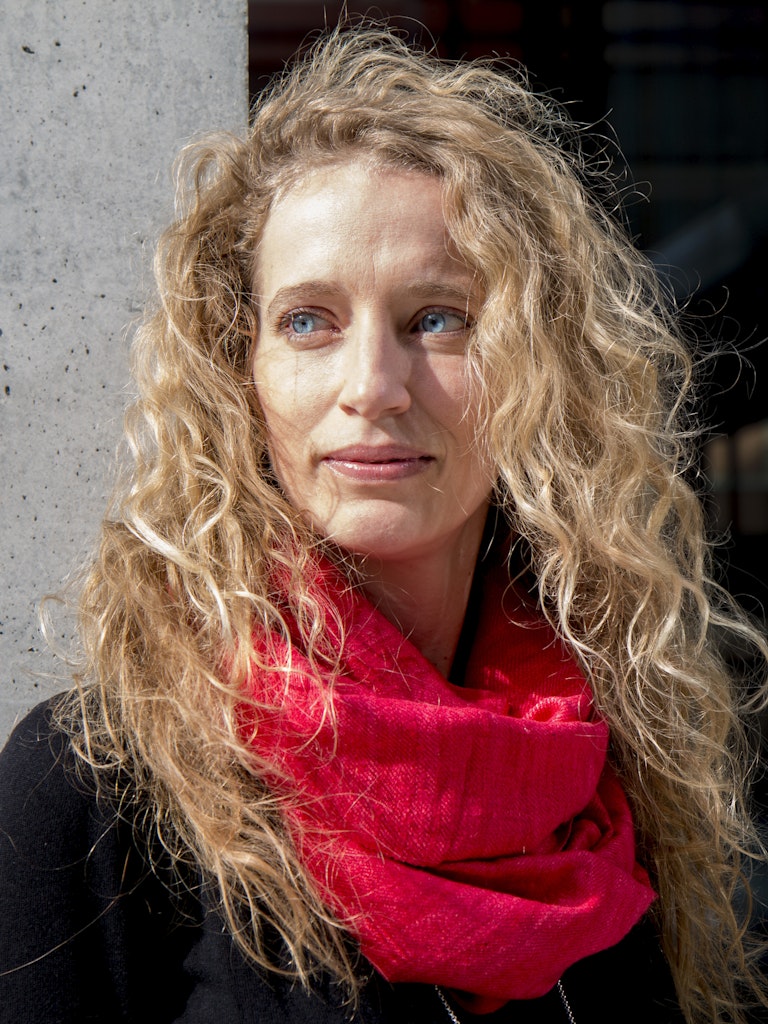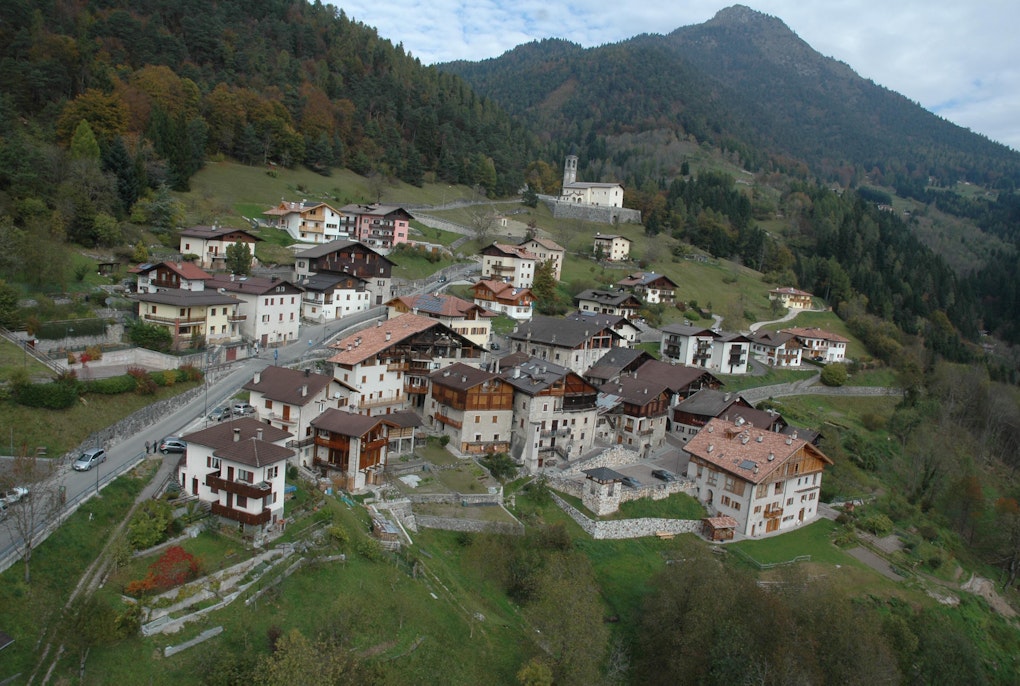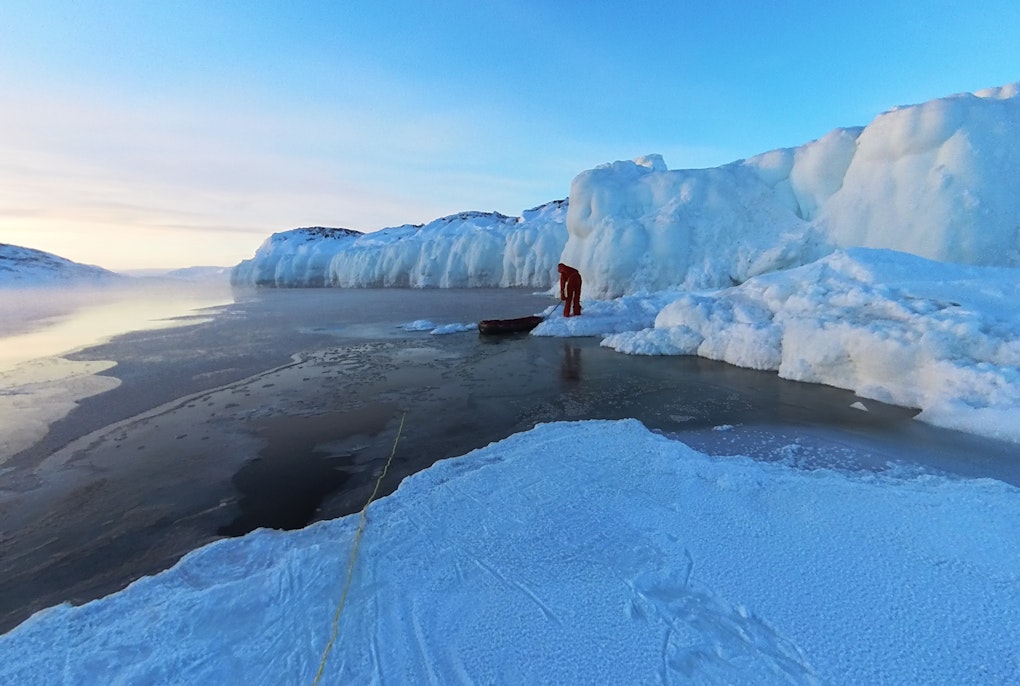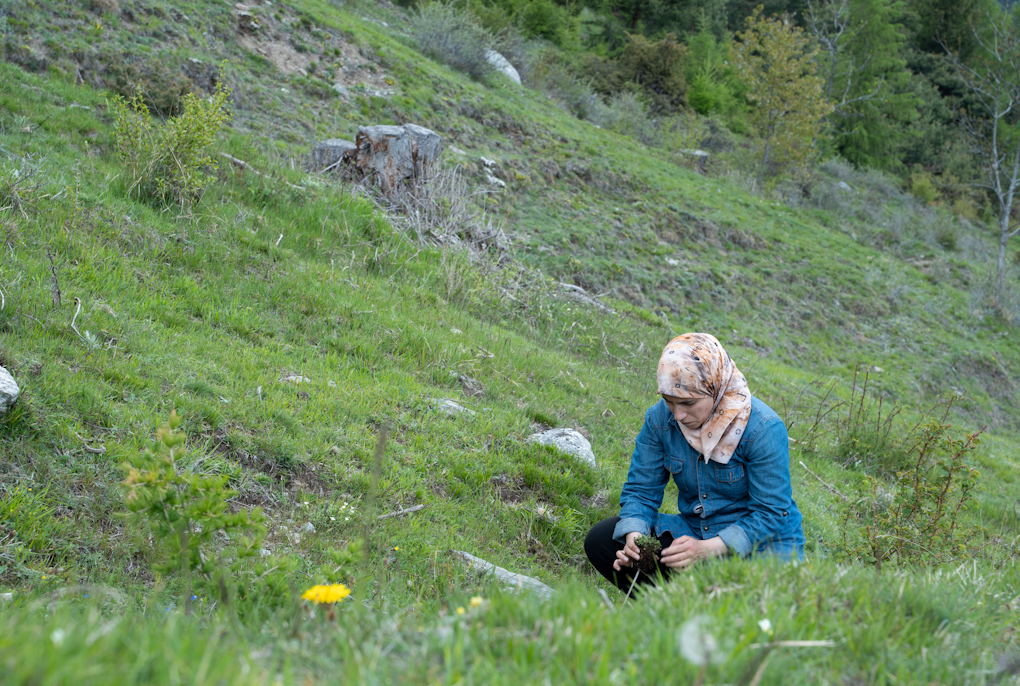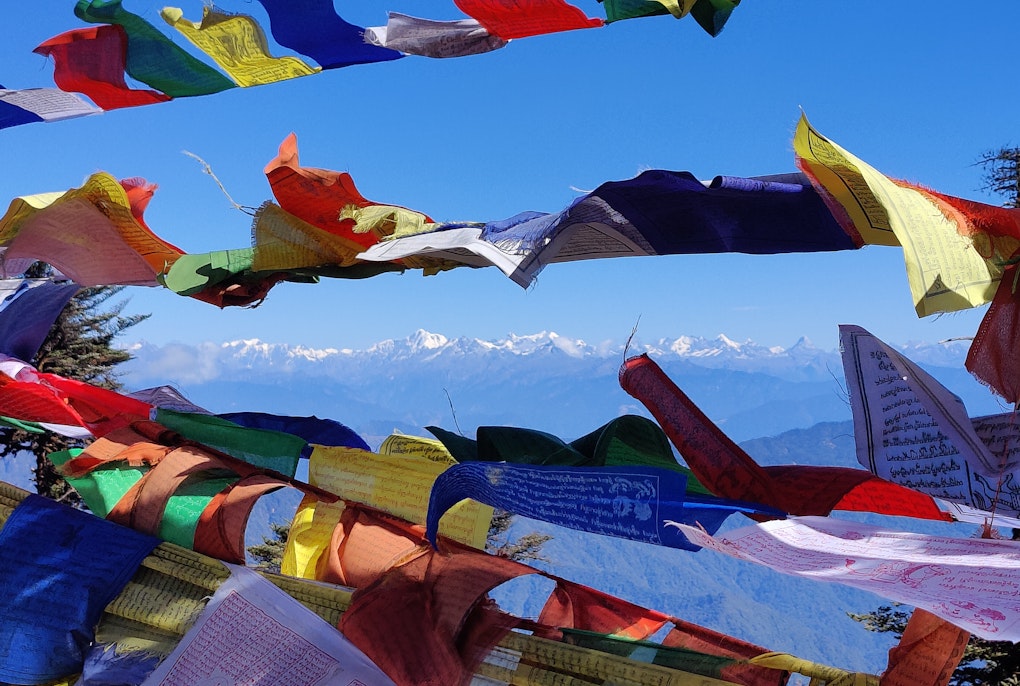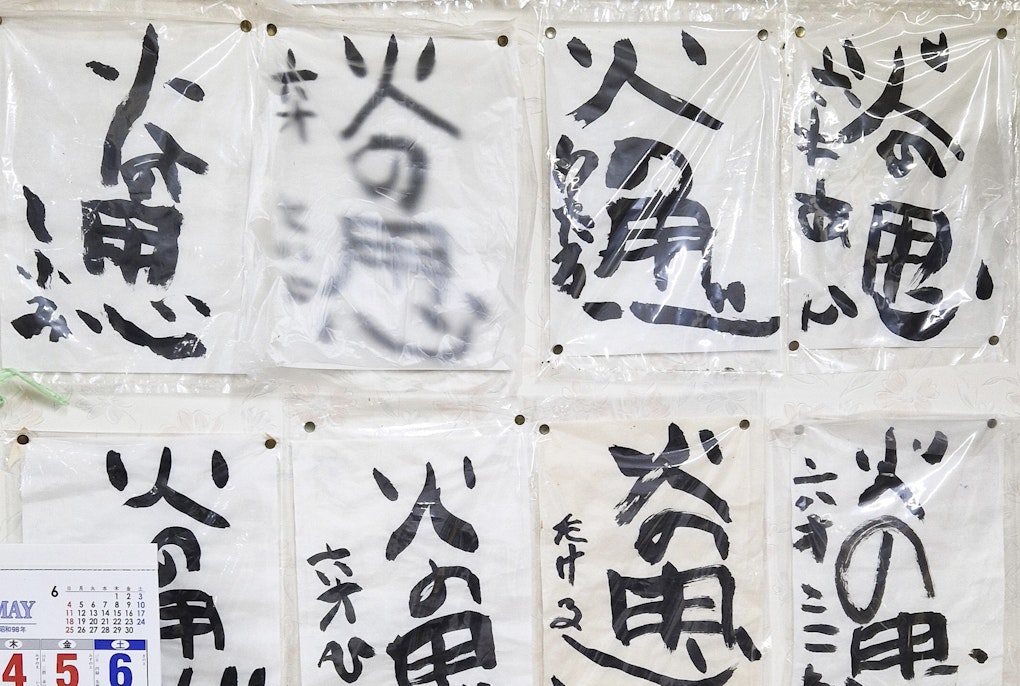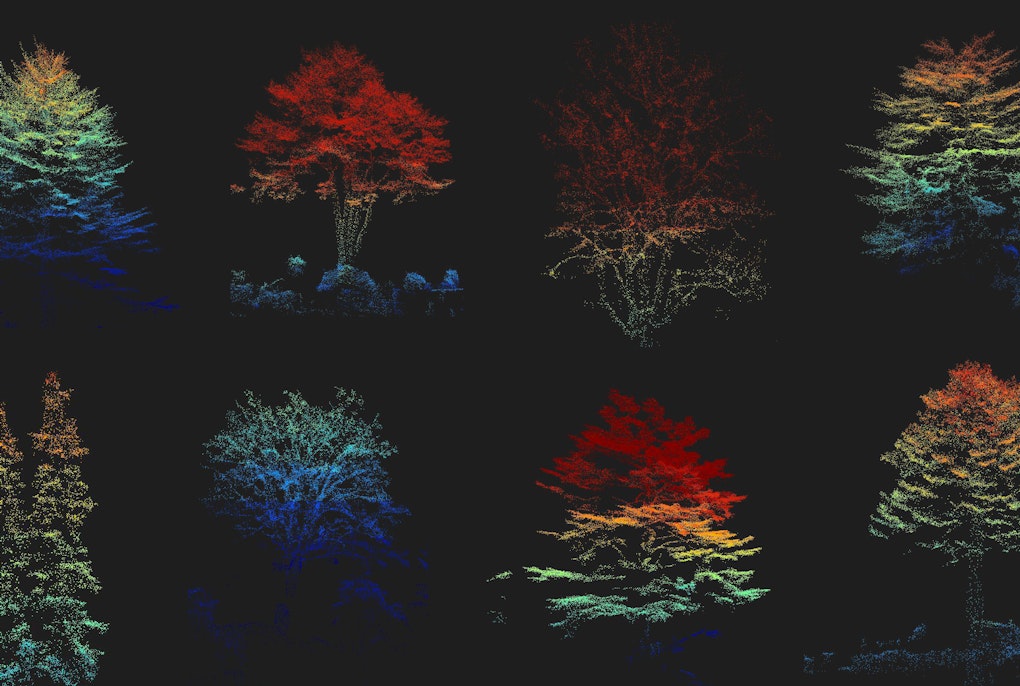magazine_ Interview
Risky Business
Lidia Pedoth on the importance of communication when it comes to identifying, assessing and reducing the risks of disaster.
In the Alps, natural hazards are part of everyday life. How we perceive risk and cope when at risk is at the core of the research undertaken by Eurac Research’s Institute for Earth Observation. Lydia Pedoth shares her thoughts on strengthening the voices of women and increasing the visibility of their roles in disaster risk reduction.
How have attitudes to disaster risk reduction (DRR) changed over recent years?
Lydia Pedoth: There’s more space to operate in this field – previously and traditionally dominated by engineers and geologists who had the technical expertise. Once hydro-geological risk mapping systems and structural protection measures were considered the principal preventative measure in DDR. Now the realisation has come that we can’t simply protect ourselves, there is always a residual risk. The way that people talk to each other, react and see the social aspects of risk has become a more important focus. Realising this meant that other disciplines had to be involved. Nowadays we work a lot also on the timeframe before events, not only during and after.
Have new technologies enabled development?
Pedoth: Raising awareness to risks (avalanches, rock falls, landslides) is currently a key focus even when a hazard hasn’t occurred. After many years, there’s been a departure from the data deemed important, not depending solely on mapping techniques and geo-environmental conditions but developing more accessible and understandable tools. Within one of our ongoing projects (RiKoST), alongside the Agency for Civil Protection we’ve created a 3D film with a virtual reality headset, the viewer can look to one side and see a real-life situation – a town square in South Tyrol and, by turning their head, can see the square flooded. The film was made using a real scenario, real data and real photographs of previous events. People who’ve never experienced a flood situation can really see how it would look. We also made a similar film about a rock fall here in Bolzano, one minute everything is normal and when the viewer turns, they are faced with the effects resulting from the rock fall.
Where to begin with such a scary subject?
Pedoth: The thing is to make people start thinking about if they live in a risk zone. To open them to the possibility of this issue and improve community resilience and adapt communities to change. It’s a difficult subject to broach, sensitive, it’s not “light”, it’s something you know is dangerous and could cause damage, it’s not a “pleasant” subject, people generally avoid it. If your house is in a risk zone, the value of the property is the subject, which of course is highly personal.
Once inhabitants are opened to this subject what’s next?
Pedoth: Surveys to see what people know and perceive – the channels of information they use and which institutions they trust, for example radio and news announcements, flyers, social media. We talk to different generations, one strategy is not best for everyone, especially when considering the young and the elderly. You need to find the right strategies for different groups. We wanted to see if women behaved differently from men or whether young people reacted differently from the elderly, if permanent residents’ reactions were different to those of people had just moved to the area in question or were only living in them temporarily. Then with the authorities we develop communication tools like videos and trainings for professionals. Each community has different needs, not everyone speaks the same language, uses the internet, watches the same channels or reads the same papers.
Trust is so important. If there is a functional network before an event there is naturally going to be one after an event too.
Lydia Pedoth, Social Scientist
Did anything strike you about the demographics, are men and women different in their reactions?
Pedoth: One result from our study in eight municipalities in South Tyrol is that there is no big difference between men and women and, now we really have the data, for the first time. Before that, it was just opinions and rumours. There is no difference in terms of knowledge or feelings of safety. In developing countries however, this isn’t always the case, as the reality is women in certain parts of the world often have less access to education and may even be less literate. Sometimes women used different information channels as they were less involved in civil protection organisations, however, across the board traditional channels are still very prominent. We initially thought about developing apps or becoming active on Twitter or Instagram but after carrying out the survey we saw people trusting more TV, radio and even fliers much more than on new technologies. One interpretation is, that it’s related to the topic; it’s serious. To get information on upcoming events, I’d go on Facebook but if I had to decide whether I should go out of my house based on the weather forecast, it needs to be official.
Often in the media, when disasters are shown, you see men being active, putting out fires or rescuing people – quite often women with children. It’s important to break down these stereotypes.
Lydia Pedoth
Risks have always played a part in mountain living – can we look to the past for an effective model for the future?
Pedoth: People trust information sources in their communities, their neighbours and friends, personal network is and has always been very important. If you have “local gatekeepers” – for example the chief of the fire brigade – then it’s very easy to quickly relate information to a lot of people, but it’s not so easy to measure these things. Migrants living in larger cities have different “gatekeepers” and sometimes a more inclusive social network. There are different types of connections, predefined emergency procedures as well as spontaneous ones, you need to be aware of both. Trust is so important. If there is a functional network before an event there is naturally going to be one after an event too. There are networks in emergencies but there should also be networks in place for more commonplace occurrences.
What is we4DDR and why was it established?
Pedoth: It’s an all-female European network; Women Exchange for Disaster Risk Reduction – created in 2016. In other parts of the world there were already female networks for disaster risk reduction who support and empower each other. It’s a platform to exchange experiences and to organise mentoring and training. It’s important to share the stories, positive and negative, that we have experienced working in a male dominated field.
What are the challenges sometimes faced by women working in the field of DRR?
Pedoth: Nowadays there is an emergence of female engineers and geologists who face the challenge of not being initially recognised – the common perception being – highly qualified women are often thought to be assistants rather than specialists. We discussed whether to include men in the network but for the time being decided not to, initially to consolidate ourselves. In the future we’ll invite men to our lectures and certain events. It came up in discussion that there is a totally different atmosphere when working only with women. The we4Drr members come from mixed teams or teams where there are more men than women and just for once we decided, let’s be women only. By creating a database on female experts in DRR and gender, we can draw on the network to give female experts more visibility and for example to find speakers for conferences. It should be value to have a woman on the team and there should be a standard for it. Often in the media, when disasters are shown, you see men being active, putting out fires or rescuing people – quite often women with children. It’s important to break down these stereotypes. Women have an important role even though it is much less visible.
Does the topic of gender play an important enough part of our dialogue?
Pedoth: I’m a feminist, of course, I don’t like this title being used as an excuse to be treated in a certain way and having everything come back to it, or having people think “because she is a woman…” It’s a difficult topic, the more one talks about gender the more it becomes an issue, not just here in South Tyrol. How much do you want to stress this and how much do you not want everything to come back to this?
RiKoST – Risk Communication Strategies
A project addressing the perception and communication of risk, targeting specific group orientations.
Project Management: Agency for Civil Protection, Autonomous Province of Bolzano – South Tyrol.
Partners: Eurac Research and the Regional Government of Carinthia.
Duration: January 2018-Oct 2020
